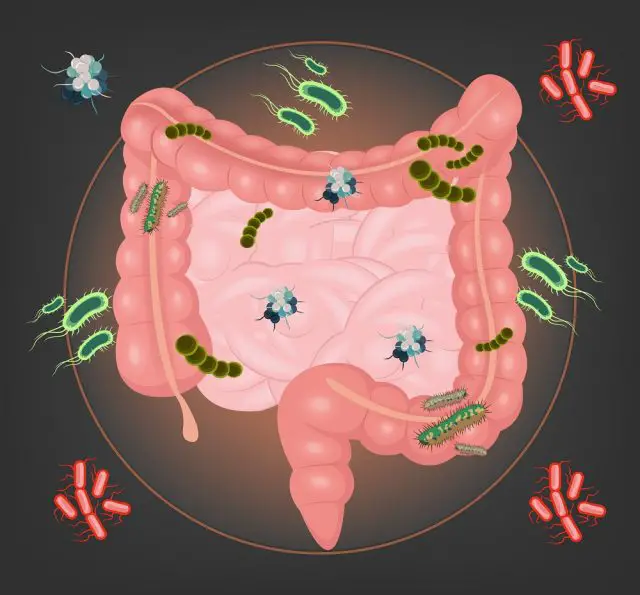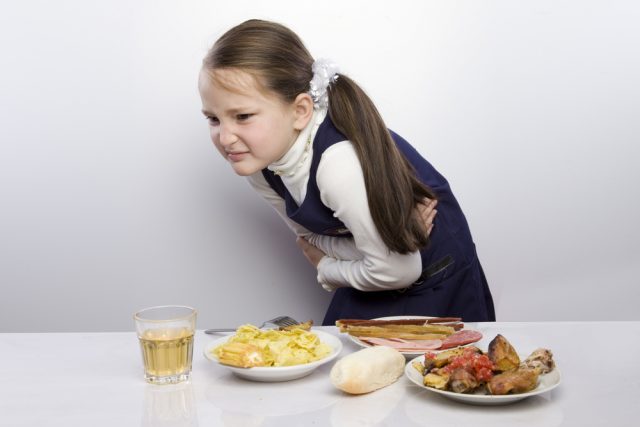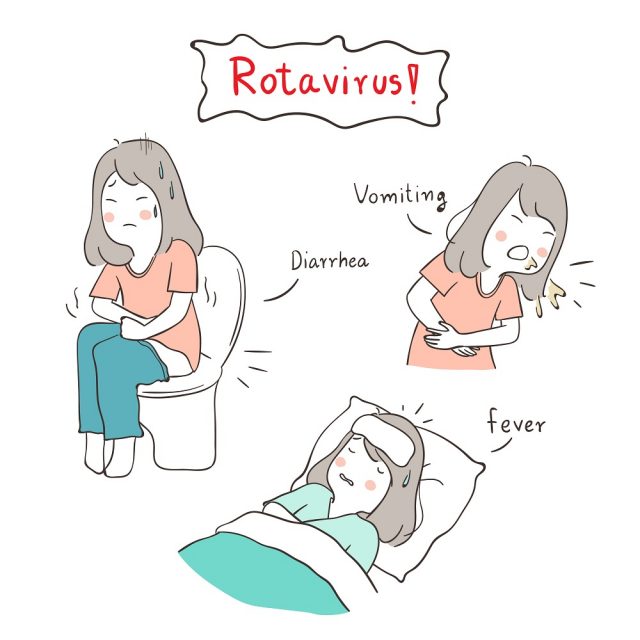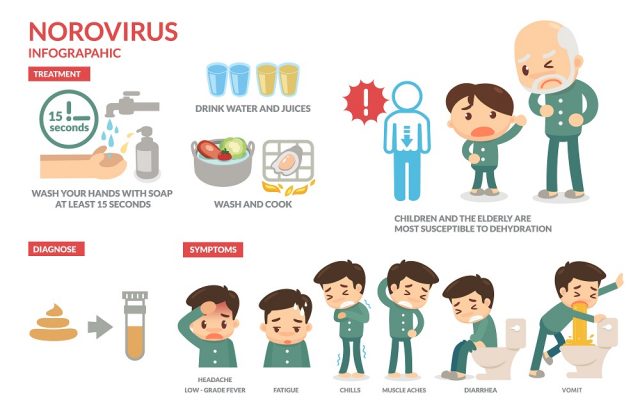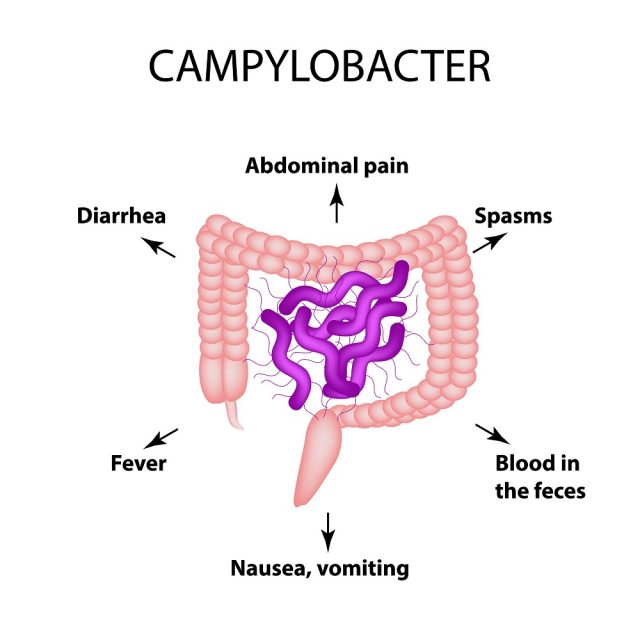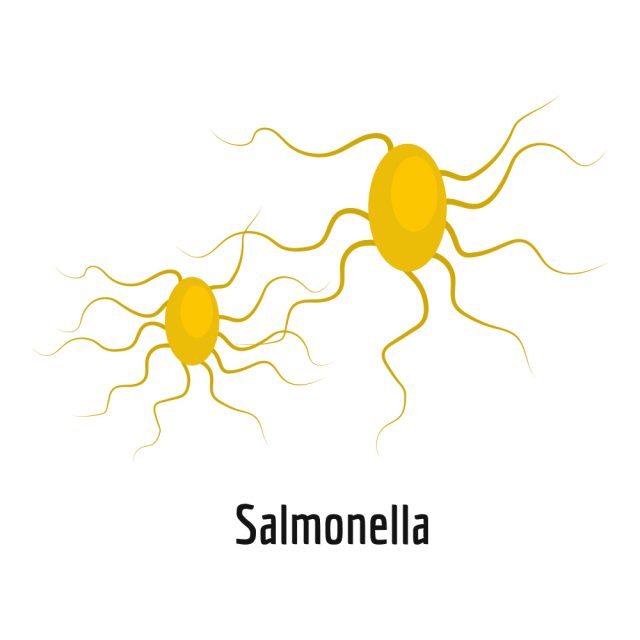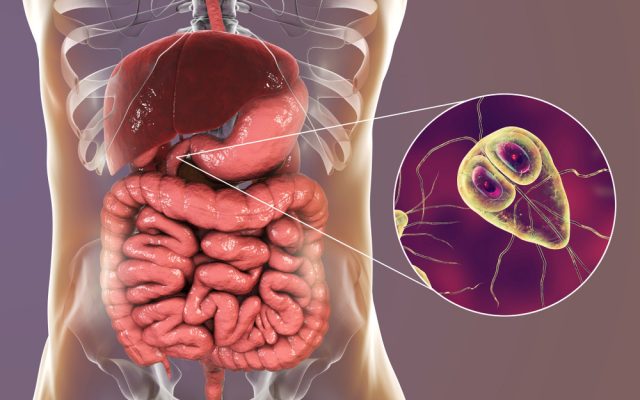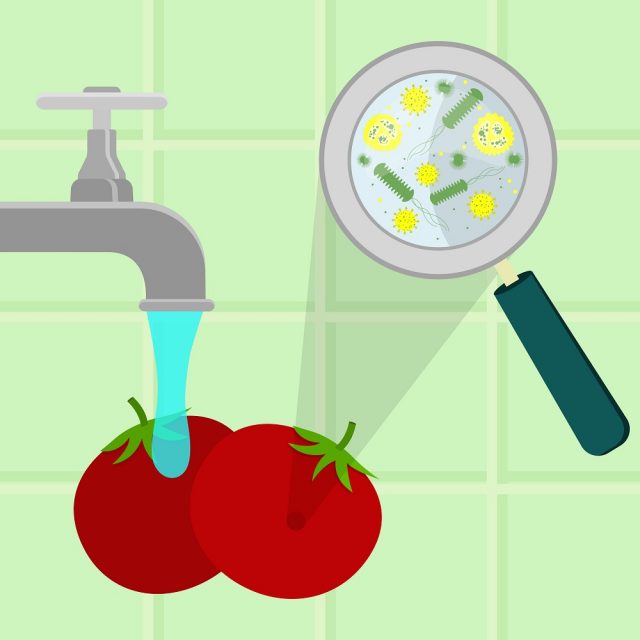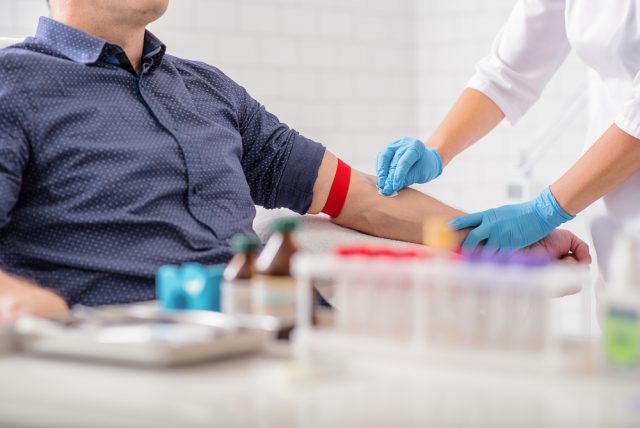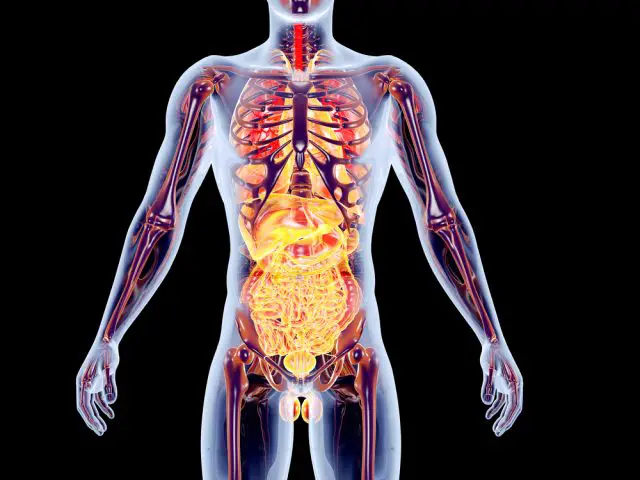Bowel Infections
Bowel infections represent a group of intestinal disorders which lead to long term inflammation in the digestive tract. These diseases/infections are commonly known by an umbrella term Inflammatory Bowel Diseases and the type of infection and level of discomfort associated with them vary from person to person. The digestive tract in human body includes mouth, stomach esophagus, large intestine and small intestine. These components help to break down the food particles, extract nutrients and remove the waste or unwanted products from body.
Inflammation at any part of the digestive tract cause disruption in the normal process of body. These inflammatory diseases lead to much discomfort, pain and in some cases, it may even cause life-threatening issues. When a person is suffering from certain kind of bowel infection, it actually means that some disease-causing microorganisms such as germs or bugs have developed in the gut and are affecting essential operations of your digestive system. The bowel system infection is also named as gastrointestinal infections or well known as gastroenteritis.
In most common cases, people get infected by contaminated food or water that leads to a serious health complication known as food poisoning. Bowel infections can also happen when the healthy person comes in contact with the infected person or other contaminated objects as like nappies, toys, taps and cutlery etc.
Common Types of Bowel Infections
There are so many types of organisms that are responsible for development of bowel infections.
When bowel infection is caused due to presence of some virus in body; it can be:
-
Rotavirus:
This infection is commonly observed in children and it spreads easily to other people if they make contact with contaminated faeces and vomit. The common victims of rotavirus are children below age group of 3 and the symptoms associated with this disease are watery diarrhea, vomiting and fever. If not treated on time, rotavirus symptoms can even turn into a life-threatening condition of dehydration.
Experts reveal that there is no specific treatment available for this type of bowel infection; it typically resolves automatically within 3 to 9 days. Two vaccines can work effectively to prevent rotavirus infection; they are Rotarix and RotaTeq.
-
Norovirus:
This is highly contagious virus that takes very less time to spread into other bodies. From past few years, several cases of Norovirus are reported in cruise ships, nursing homes and child care centers. This viral infection of bowels can cause many symptoms; the most common ones include diarrhea, vomiting, nausea and occasional stomach cramping. Other than this, the infected person may often suffer fatigue, headaches, muscle aches and low-grade fever as well. These symptoms generally last for one or two days. Generally it does not cause long term problem but if dehydration happens, it may demand serious medical treatment for recovery. Most cases of norovirus occur when person makes direct contact with norovirus contaminated surfaces or it can happen due to contaminated food and water.
When bowel infection is caused by bacteria; it can be:
-
Campylobacter:
This disease is often linked with consumption of contaminated raw chicken or turkey and it usually affects elderly, young people and frequent travellers. Campylobacter can also happen due to untreated water, unpasteurised milk, mushrooms or due to shellfish. The disease is more common among people who travel locations with low food hygiene levels, people who spend more time working in farms and those who belong to meat industry.
Campylobacter causes symptoms of dehydration and vomiting in the affected person. Due to increased dehydration, patients also report inability to pass urine, dry mouth, dry lips and tongue, fever tears, weakness, sunken eyes, being irritable and lack of energy. If the infection is not treated on time, it may further cause fast breathing, cold feet or hands, mottled or pale skin and drowsiness.
-
Salmonella:
This infection spread through contaminated food and water. The common symptoms of Salmonella include dizziness, vomiting, nausea, muscle pains, headaches, fever, diarrhea, chills, body stools and stomach cramps. Some patients also report joint pain due to reactive arthritis. Experts reveal that salmonella virus can grow in the intestine of animals, birds and humans.
Most cases of salmonella infection are reported due to uncooked poultry, seafood, meat, eggs and contaminated vegetables or fruits. Other common causes behind occurrence of this bowel infection is lack of hygiene in bathrooms, kitchen. Many reptiles are able to carry salmonella bacteria in their gut without getting ill and it comes out in their droppings. People who keep such amphibians and reptiles as pets are also at risk. In case if a pregnant mother gets infected with Salmonella, the bacteria may also pass to fetus, causing symptoms like fever and diarrhea in new born baby.
-
Shigella:
Shigella infection is well known as shigellosis and it cause major impact on gut with symptoms like diarrhea, fever, vomiting and nausea. Most cases of Shigella are reported due to drinking contaminated water or eating bacteria affected food; touching various contaminated objects like toys, nappies, taps etc. and having oral/anal sex with the infected person. People with weak immune system can suffer severe illness due to Shigella infection.
Other complications related to shigella infection include light headedness, lack of tears, dizziness, seizures, rectal prolapse, hemolytic uremic syndrome, toxic megacolon and reactive arthritis. In order to prevent this disease, prefer to wash hands frequently, dispose soiled papers carefully, do not allow children to go school when they have diarrhea, avoid sexual activity with infected person.
When bowel infection is caused by parasites, it can be:
-
Giardia:
This infection affected small intestine and is developed due to presence of a microscopic parasite named as Giardia Lamblia. It can spread due to contaminated water food or when you make contact with already infected person. The common symptoms of this bowel infection last for one or two weeks and the list may include abdominal pain, headaches, excessive gas, weight loss, abdominal cramps, bloating, vomiting, loss of appetite, diarrhea, greasy stools, nausea, fatigue.
In most conditions, this infection clears up with time but in case if the symptoms are severe, doctors may recommend some treatment. The antibiotic medications that can be used for treatment include Metronidazole, Tinidazole, Nitazoxanide, Paromomycin etc.
-
Cryptosporidiosis:
This diarrheal disease is caused by parasites named as Cryptosporidium. It can get spread from person to person or these parasites can also travel from soil, water, food or other contaminated surfaces. Most commonly observed symptoms of cryptosporidiosis include lack of appetite, weight loss, fever, vomiting, nausea, dehydration, stomach cramps, pain, and watery diarrhea etc.
The symptoms of Cryptosporidiosis usually last up to 10 days after getting infected; however, many patients don’t even show any symptom. These parasites cause more trouble to people with weak immune system, pregnant ladies, and young children. Although many patients receive timely recovery without any medication, but others may need prescription drug like nitazoxanide etc.
-
Amoebiasis:
This infection is caused in intestine by protozoan Entamoeba Histolytica. People that are on high risk of amoebiasis include those with weak immune system, live in poor sanitary conditions, men who are involved in sexual activities with other men. This protozoan can travel to human body via contaminated food or water or when person makes direct contact with contaminated fecal matter.
Symptoms of this disease are generally observed after 1-4 weeks of infection and at beginning stage, person may suffer stomach cramping, and loose stools. Once these trophozites move to intestinal wall, they can become a part of bloodstream and reach to various intestinal organs. Soon they start affecting brain, lungs, heart, liver and other major organs. This infection can further cause abscesses, severe illness, infections and death.
Common Symptoms of Bowel Infections
The bowel infections discussed above usually have many common symptoms and their impact on body often varies as per severity and location of inflammation.
The list includes:
- Diarrhea: It occurs the inflamed part of the body are not able to absorb required amount of water.
- Bleeding ulcers: Patient may observe some blood in the stools.
- Some people also report cramping, stomach pain, and bloating due to bowel obstruction.
- The delayed symptoms of severe bowel infections include anemia and weight loss.
Some symptoms of bowel infections are also observed outside the digestive tract, they are:
- Arthritis
- Skin disorders
- Eye inflammation
Other possible complications with bowel infections include:
- Bowel obstruction
- Perforation or intestinal rupture
- Fistulas
- Colon cancer and malnutrition with major weight loss.
Common Causes of Bowel Infection
The exact causes of bowel infections are still unknown; but there are few common issues that may lead to such medical health condition. They are:
-
Genetics:
Reports reveal that a person may develop bowel infections in case if anyone in his/her family history has suffered inflammatory bowel disease. It is well proven that many infections related to bowel system have genetic component involved in their development.
-
Weak immune system:
Weaker strength of immune system also plays an essential role in the development of bowel infections. Sometimes, the immune system also suffers from autoimmune response and it starts attacking its own cells leading to some inflammation in the digestive tract.
-
Smoking:
People who smoke more are also under risk of bowel infections. One common type of medical health issue found in such people is Crohn’s disease that cause serious complications.
-
Contaminated interactions:
Most cases of bowel infections are reported when person makes direct contact with other infected person, or contaminated surfaces. The infection can transfer through contaminated food, water, feces, and many other objects of routine use.
Possible Treatments for Bowel Infections
The diagnosis of bowel infections can be performed via few tests at medical health centers. In most common cases, experts recommend:
-
Blood test and stool sample test:
These tests help to know details about presence of infections or any other disease. The blood test can also help to identify the type of bowel infection so that appropriate treatment can be used.
-
Barium Enema:
Years ago, Barium Enema as the most common X-ray exam that was carried on small intestine and colon. However, it is now replaced by many advanced diagnosis tests.
-
Flexible coloscopy and sigmoidoscopy:
In this case, a tiny camera is inserted through anus and it is used to visualise the colon. With this observation, doctors can check presence of fistulas, ulcers and other damages inside. Note that colonoscopy has ability to examine entire area of large intestine whereas sigmoidoscopy helps to examine only last 20 inches dimension of large intestine.
-
Capsule endoscopy:
This test helps to examine the condition of small intestine. Patient is allowed to swallow a capsule containing tiny camera. As soon as it reaches inside, it captures photographs of your small intestine and the moment you pass the camera via stools, the pictures can be seen on computer screen.
-
X-ray and CT:
X-ray test is conducted in some emergency situations when intestine has ruptured. The CT scans are also used to observe condition of small intestine so that appropriate treatment can be applied.
The common treatments for most bowel infections is based on anti-inflammatory drugs. These medications help to decay the inflammation in the digestive tract. Some immune suppressants are also used when the inflammation of bowel system is actually caused by autoimmune attacks. Various anti-biotics are also available for killing bacteria causing bowel infections.
Preventing Bowel Infections
Prevention is always better than cure; that is why experts recommend using some preventive measures to avoid bowel infections. It is good to start healthy eating habits, exercise regularly, and most important, quit smoking.
In case if a person in the family is already suffering from any type of bowel infections, it is good to follow proper sanitary practices. Do not use common cloths, towels etc. and make sure your bathrooms stay clean. Most bowel infections are transferred through contaminated food and water sources; it is important to follow right hygienic practices in the kitchen to ensure proper prevention.

